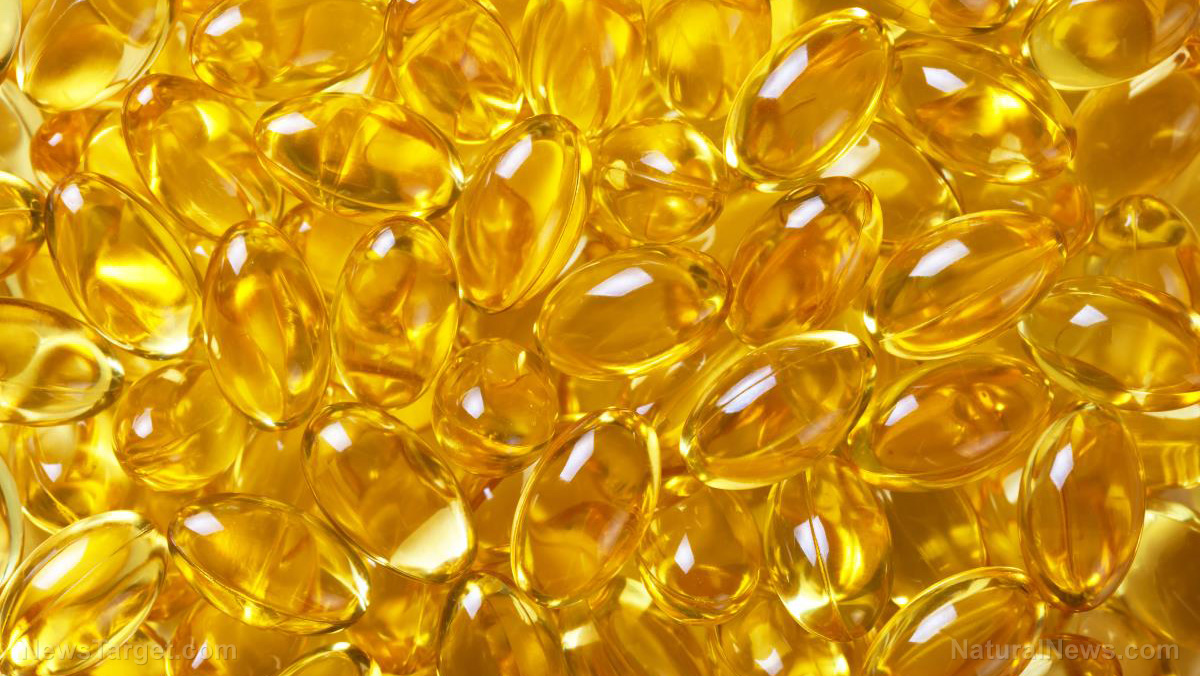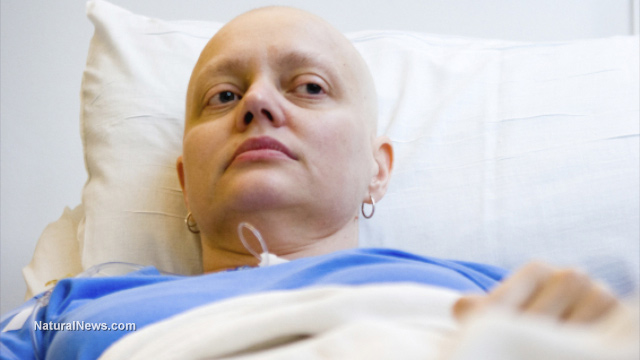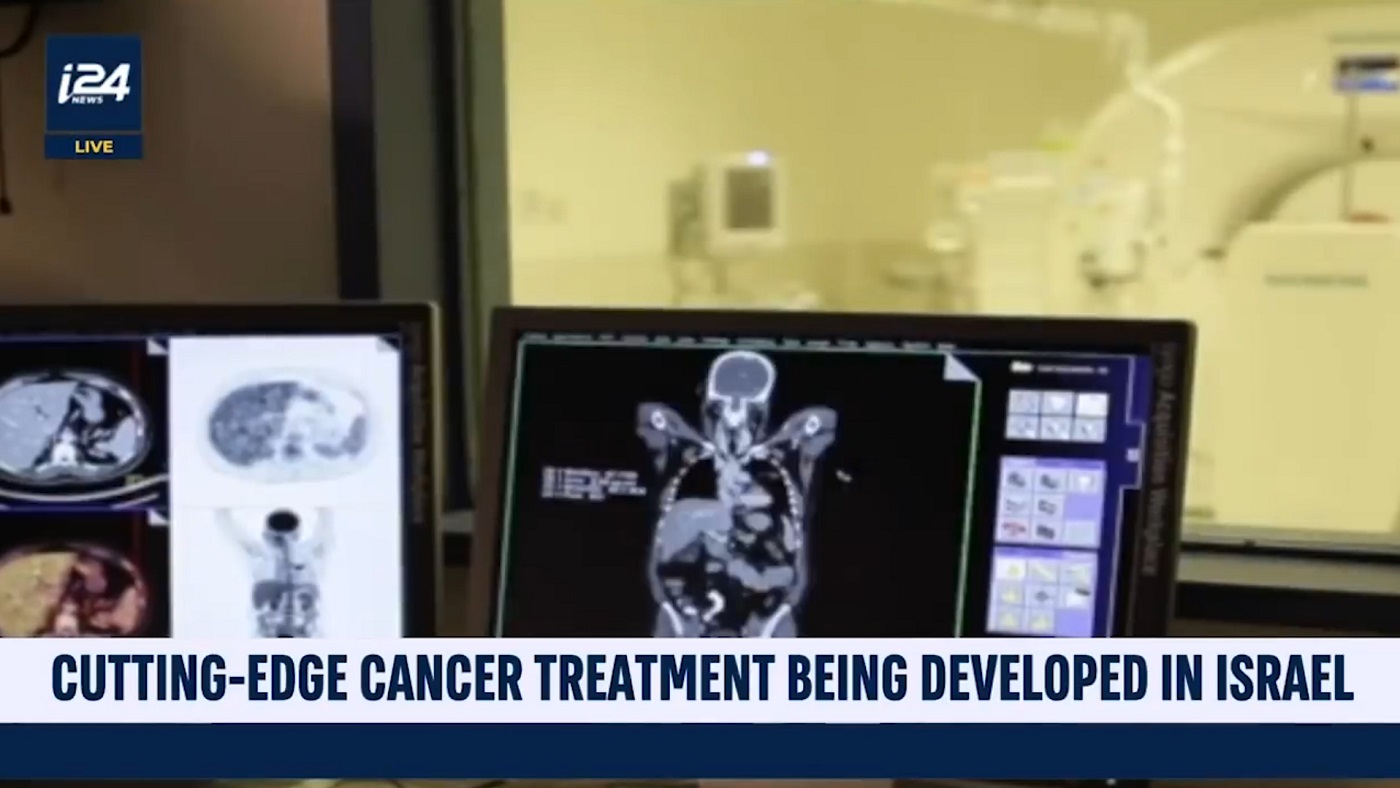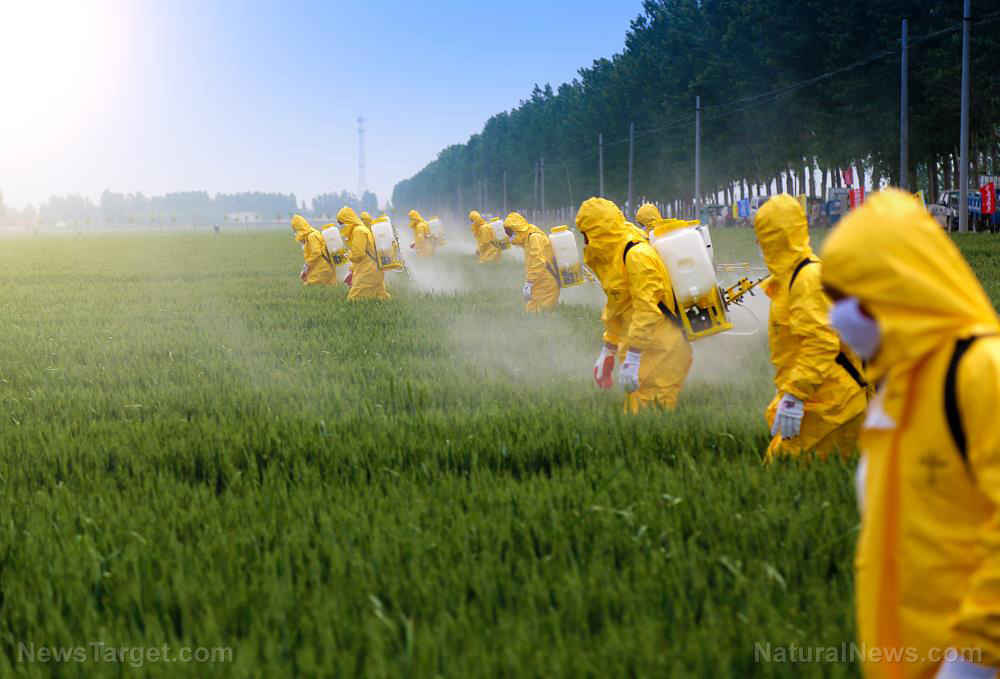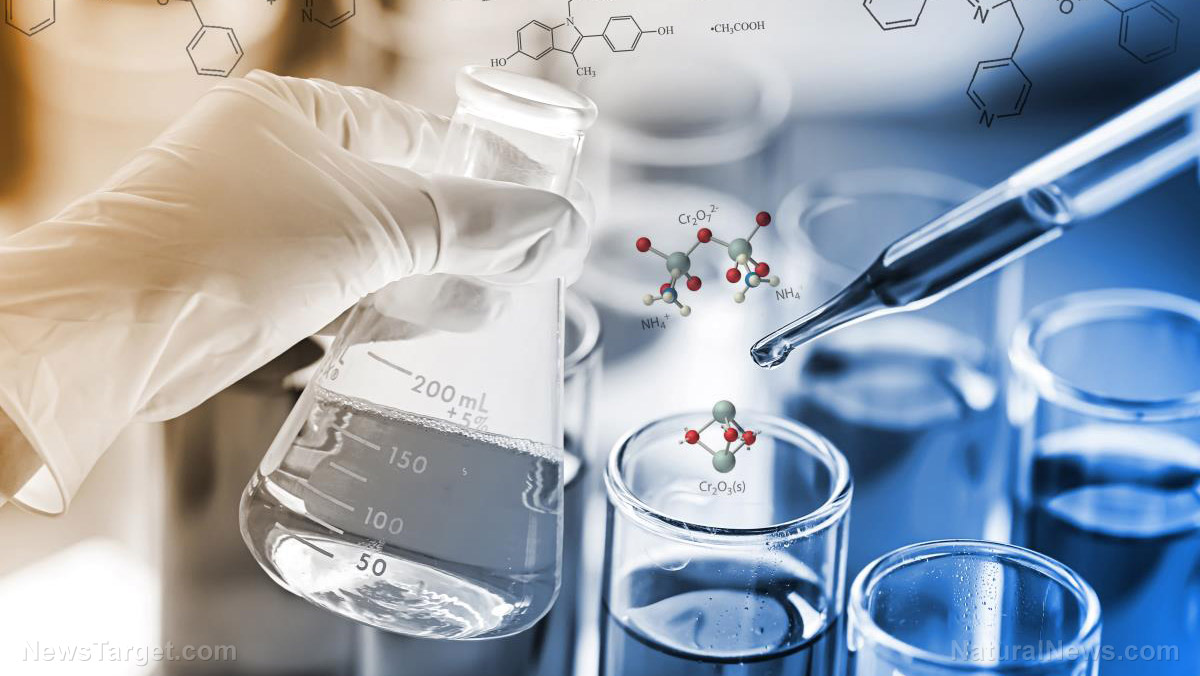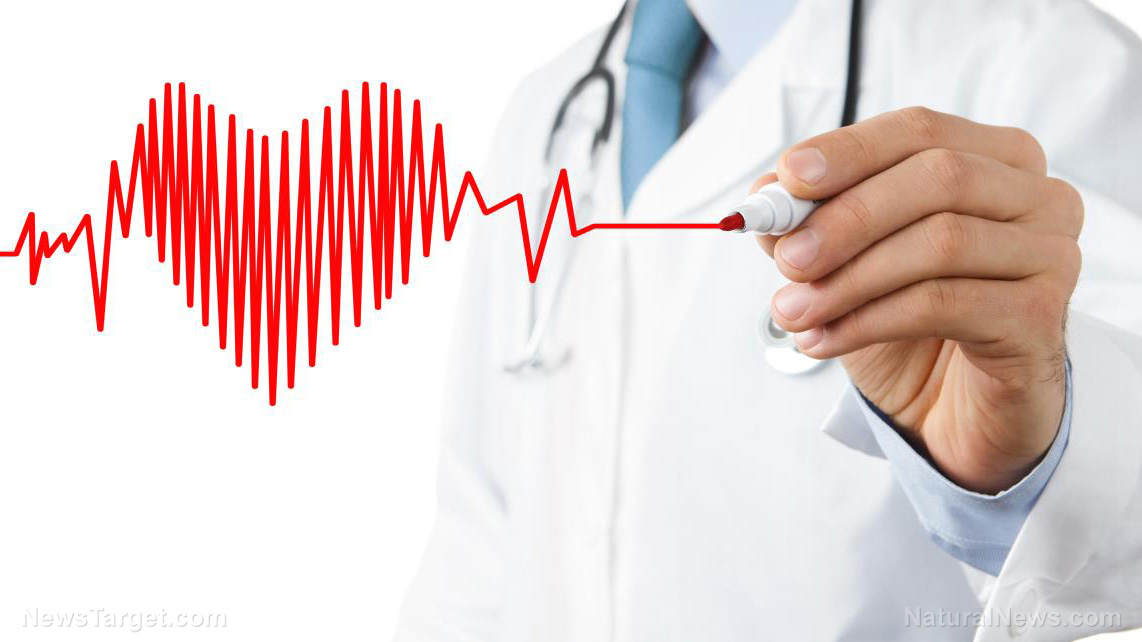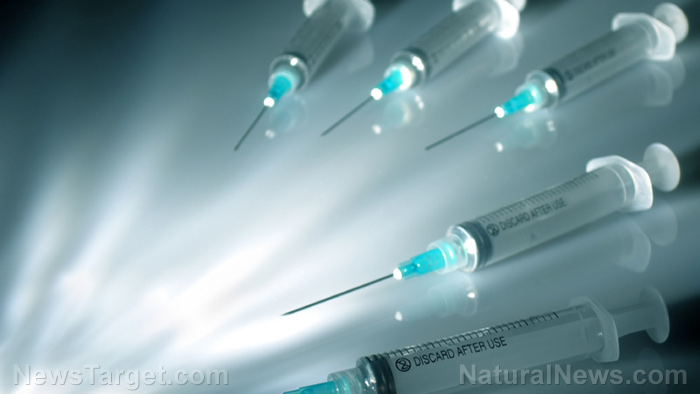One more reason drugs don’t work: Breast cancer tumors “make their own fuel” that renders traditional treatments ineffective
02/19/2019 / By Vicki Batts

There’s no doubt that breast cancer is an insidious disease. New cases of invasive breast cancers are estimated to have affected over 250,000 women and over 2,400 men over the course of 2017 alone. And new research has shown that Big Pharma’s prized cancer treatments are entirely ineffective in many cases of breast cancer. As it turns out (to no one’s surprise), the pharma industry has gotten cancer treatment all wrong and their exorbitantly priced drugs do nothing to stop the proliferation of breast cancer cells.
Breast cancer has become one of the most common forms of cancer seen in the United States, as well as in the United Kingdom. BreastCancer.org reports that approximately 30 percent of new cancer diagnoses in women will be breast cancers. Further, the organization notes that breast cancer death rates are higher for women than any other cancer — with the sole exception of lung cancer.
About 70 percent of breast cancers in the U.K. are “ER positive” cancers, which indicates that the cancer cells have receptors for the hormone estrogen. In many cases, so-called conventional treatments are found to be useless. Now, research pioneered by Imperial College London and the European Institute of Oncology in Milan has finally pinpointed why Big Pharma’s concoctions just don’t seem to work much of the time.
There are two types of drugs offered to ER positive breast cancer patients after surgery: tamoxifen, which purportedly prevents estrogen from binding to cancer cell DNA, and aromatase inhibitors, which are supposed to prevent estrogen from being produced by other bodily tissues. In roughly one-third of patients, both treatments will stop working. It was assumed that the cancer cells developed resistance to the treatments, though it was not understood how. That is, until now.
The international research team has shown that at least in 25 percent of cancer cases, the cancer cells are able to produce their own estrogen — rendering estrogen-targeting treatments useless. As Imperial College London explains:
[T]he team discovered that in one in four patients taking aromatase inhibitors, the tumours had increased production of aromatase in the cancer cells. The tumours appear to do this by increasing the number of aromatase genes, in a process called amplification.
Co-lead author Dr. Luca Magnani explains that this process allows the cancer cells to supply their own estrogen, free of external sources. “For the first time we have seen how breast cancer tumours become resistant to aromatase inhibitors. The treatments work by cutting off the tumour’s fuel supply – estrogen – but the cancer adapts to this by making its own fuel supply,” Dr. Magnani commented.
When one aromatase inhibitor stops working, doctors would typically prescribe another one, but the research team contends that once cancer cells start producing their own estrogen, alternative inhibitors offer little to no recourse.
While more research still needs to done on how cancer cells resist tamoxifen, the scientists say it’s clear that cancer cells rely on different mechanisms to evade different types of treatments.
Ultimately, it seems like yet another Big Pharma failure. Despite the industry’s assurances that these so-called advances in treatment will be worth their weight in gold, they clearly leave much to be desired. Meanwhile, recent research has shown that compounds found in Brussel sprouts and green tea can actually “turn off” cancer cells and make tumors more treatable.
As Mike Adams, the Health Ranger and director of CWC Labs has reported in the past, there are a myriad of alternatives to “conventional” cancer treatments. Shrouded in myths and lies, the pharmaceutical industry’s approach to cancer is squarely focused on profits — not on people, and certainly not on health. Indeed, there are many things the cancer industry doesn’t want the public to know — like the fact that their drugs simply don’t work.
Read more stories about cancer treatments at Oncology.news.
Sources for this article include:
Tagged Under: Big Pharma, breast cancer, Cancer Cells, cancer fuel supply, cancer treatments, research, tumors

